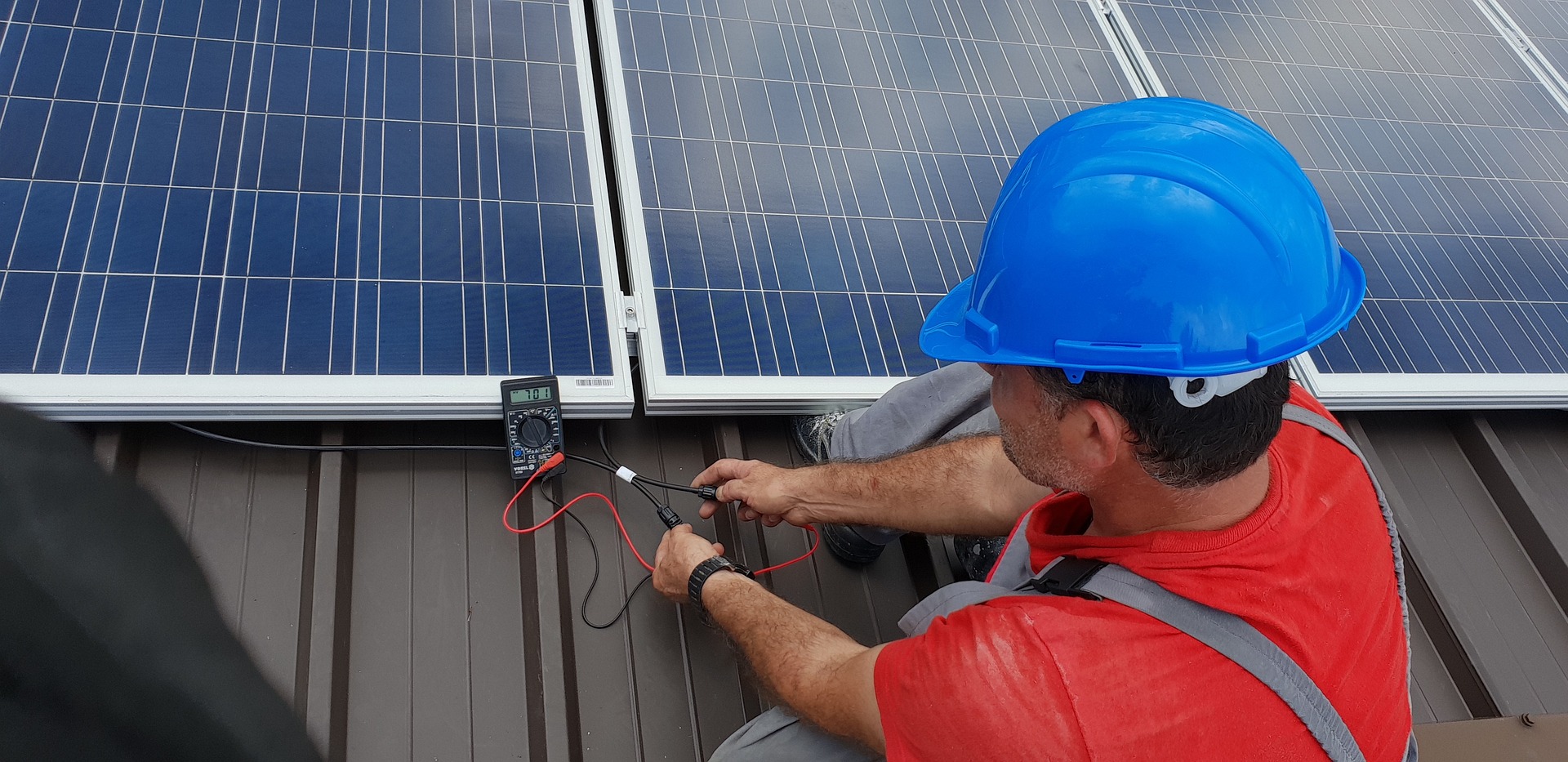Home Power Generators: Reliable Solutions for Backup Electricity
When utility power fails, a reliable backup power source becomes essential for maintaining comfort and safety in your home. Power generators provide an effective solution during outages caused by severe weather, grid failures, or other emergencies. Modern home generators have evolved significantly, offering various technologies and capabilities to meet different household needs. Understanding the options available helps homeowners make informed decisions about which backup power system best suits their specific requirements.

Understanding Home Backup Power Generators
Home backup generators serve as secondary electricity sources that activate automatically or manually when your primary utility power fails. These systems vary widely in size, fuel type, power capacity, and installation requirements. Standby generators are permanent installations connected to your home’s electrical system, while portable generators offer flexibility but typically provide less power. When selecting the best generator for home backup power, consider factors such as your essential power needs, fuel availability, budget, and whether you need whole-house coverage or just critical circuits powered during outages.
How Standby Generators for Home Use Work
Standby generators for home use represent a comprehensive backup power solution that integrates with your existing electrical system. These permanently installed units are connected to your home’s electrical panel and an automatic transfer switch that detects utility power interruptions. When an outage occurs, the transfer switch disconnects your home from the utility grid and signals the generator to start, typically within seconds. Once running, the generator powers either selected critical circuits or your entire home, depending on its capacity and your setup configuration. Most standby generators run on natural gas, liquid propane, or diesel fuel and remain on standby 24/7, ready to activate whenever needed.
Exploring Generators with Battery Storage
Generators with battery storage represent an innovative hybrid approach to backup power. These systems combine traditional generator technology with integrated battery storage capabilities, offering several advantages over conventional generators alone. The battery component provides instant power during an outage before the generator needs to start, eliminating even brief interruptions. During generator operation, excess power can recharge the batteries, allowing the system to power your home more efficiently by running the generator intermittently rather than continuously. Some systems even integrate with solar panels, creating a comprehensive energy solution that can significantly reduce fuel consumption during extended outages.
Selecting the Best Generator for Home Backup Power
Finding the best generator for home backup power requires evaluating several key factors. First, calculate your power requirements by listing essential appliances and their wattage requirements. Common necessities include refrigerators, heating systems, medical equipment, lighting, and communication devices. Next, consider generator type – portable units offer lower cost and flexibility but require manual setup and refueling, while permanent standby systems provide automatic operation and greater capacity. Fuel type is another critical consideration; natural gas offers convenience if you have existing lines, while propane and diesel provide reliable alternatives with different storage requirements. Finally, evaluate noise levels, maintenance needs, and installation requirements before making your decision.
Installation Requirements for Home Generators
Installing a home generator involves several important considerations to ensure safe, effective operation. Standby generators require professional installation by licensed electricians and possibly plumbers for fuel connections. Proper positioning is crucial – generators must be placed outdoors on level ground with adequate clearance from buildings (typically 18-24 inches) for ventilation and safety. Installation includes a concrete pad foundation, fuel supply connection, electrical wiring to your home’s panel, and an automatic transfer switch installation. Permits and inspections are typically required, and local regulations may dictate specific placement requirements, noise restrictions, or emissions standards. Professional installation ensures compliance with building codes, manufacturer recommendations, and safety protocols.
Comparing Home Generator Options and Costs
When investing in a home generator, understanding the various options and their associated costs helps in making an informed decision. The market offers a range of solutions at different price points based on capacity, features, and installation requirements.
| Generator Type | Capacity Range | Fuel Type | Average Cost Range (Equipment Only) | Typical Installation Cost | Total Investment |
|---|---|---|---|---|---|
| Portable Generator | 3,000-10,000 watts | Gasoline, Propane | $500-$2,000 | DIY to $500 | $500-$2,500 |
| Home Standby Generator | 7,000-22,000 watts | Natural Gas, Propane | $2,000-$5,000 | $3,000-$5,000 | $5,000-$10,000 |
| Whole-House Standby | 22,000-48,000 watts | Natural Gas, Propane, Diesel | $5,000-$15,000 | $5,000-$10,000 | $10,000-$25,000 |
| Generator with Battery Storage | 10,000-20,000 watts + 10-30 kWh battery | Various + Battery | $8,000-$20,000 | $5,000-$10,000 | $13,000-$30,000 |
Prices, rates, or cost estimates mentioned in this article are based on the latest available information but may change over time. Independent research is advised before making financial decisions.
Maintenance Considerations for Power Generators
Regular maintenance ensures your generator remains reliable when needed most. Standby generators require scheduled oil changes, filter replacements, and system tests, typically performed every 6-12 months or after 100-200 hours of operation. Portable generators need similar attention after each use or extended storage period. Battery-integrated systems require periodic testing of battery capacity and connection integrity. Many homeowners opt for manufacturer or dealer maintenance plans, which typically cost $200-500 annually but provide peace of mind through professional inspections and timely service. Following manufacturer maintenance schedules extends your generator’s lifespan and preserves warranty coverage while ensuring the system will function properly during emergencies.
Home generators provide essential protection against power disruptions that could otherwise compromise comfort, safety, and property. By understanding the different types available, from portable units to advanced standby systems with battery integration, homeowners can select the solution that best matches their needs and budget. With proper installation, maintenance, and operation, a quality power generator serves as a valuable investment in home resilience and family security during unpredictable power outages.




